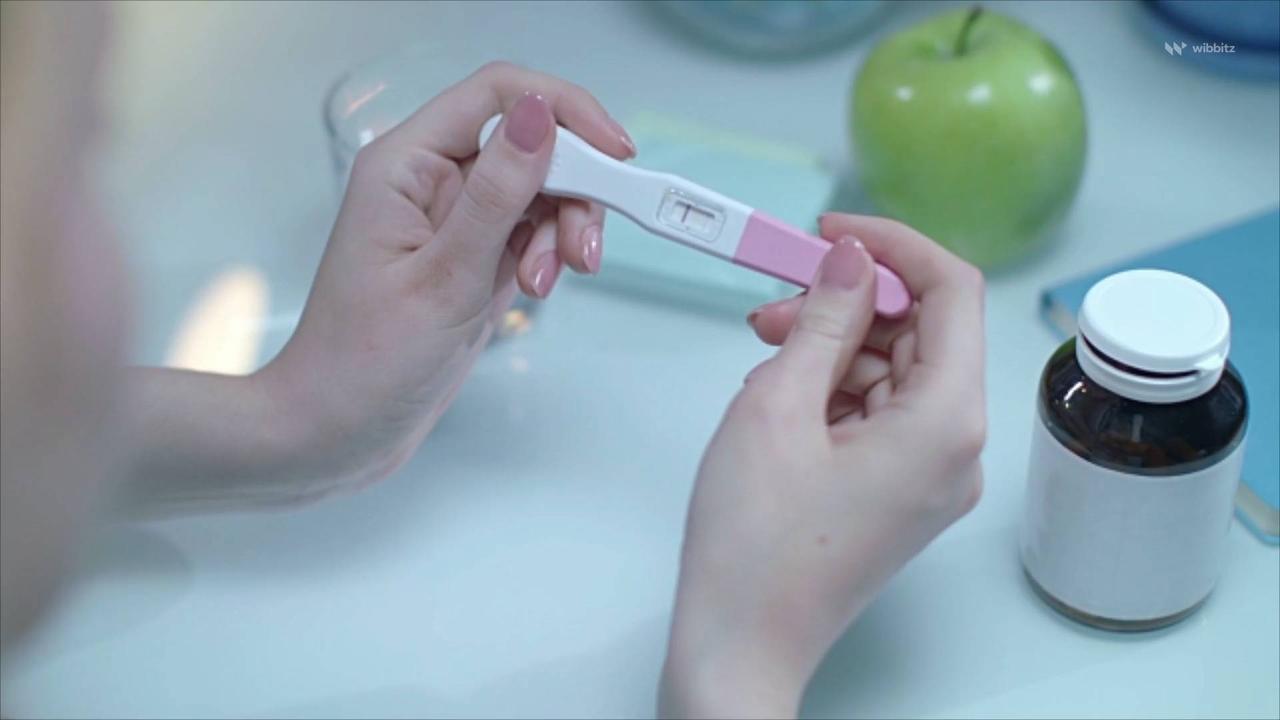
Over 90% of Women Trying to Get Pregnant , Lack Essential Nutrients.
Researchers recently found that over 90% of women trying to get pregnant may have marginal or low levels of essential vitamins necessary for a healthy pregnancy.
'The Guardian' reports that researchers warn the problem is likely to worsen as the popularity of vegetarian diets increases.
'The Guardian' reports that researchers warn the problem is likely to worsen as the popularity of vegetarian diets increases.
Over 1,700 women in Britain, New Zealand and Singapore who participated in the tests were found to be lacking nutrients abundantly found in meat and dairy products.
.
Over 1,700 women in Britain, New Zealand and Singapore who participated in the tests were found to be lacking nutrients abundantly found in meat and dairy products.
.
We were surprised at how common low or marginal status was for these micronutrients.
, Prof. Keith Godfrey, epidemiologist and lead author of the study at the University of Southampton, via 'The Guardian'.
For the individual, the simple answer is that unless you’re following a really high-quality diet, you may need to consider taking a supplement, Prof. Keith Godfrey, epidemiologist and lead author of the study at the University of Southampton, via 'The Guardian'.
The Nipper study reportedly looked to investigate how combinations of nutrients and probiotics could improve the health of mothers and their babies.
More work needs to be done to identify the ideal quantities, but certainly the amounts we gave, which you can purchase over the counter at the chemist, were sufficient to substantially reduce the prevalence of deficiency, Prof. Keith Godfrey, epidemiologist and lead author of the study at the University of Southampton, via 'The Guardian'.
The team's findings were published in the journal 'PLOS Medicine.'.
'The Guardian' reports that some critics of the study note that the researchers received grants from Nestlé and are co-inventors of enhanced supplements.
.
'The Guardian' reports that some critics of the study note that the researchers received grants from Nestlé and are co-inventors of enhanced supplements.
.
The conflict of interest goes beyond the research and the paper.
It can relate to how the science is communicated after publication, Duane Mellor, registered dietitian and senior lecturer at Aston Medical School, via 'The Guardian'
